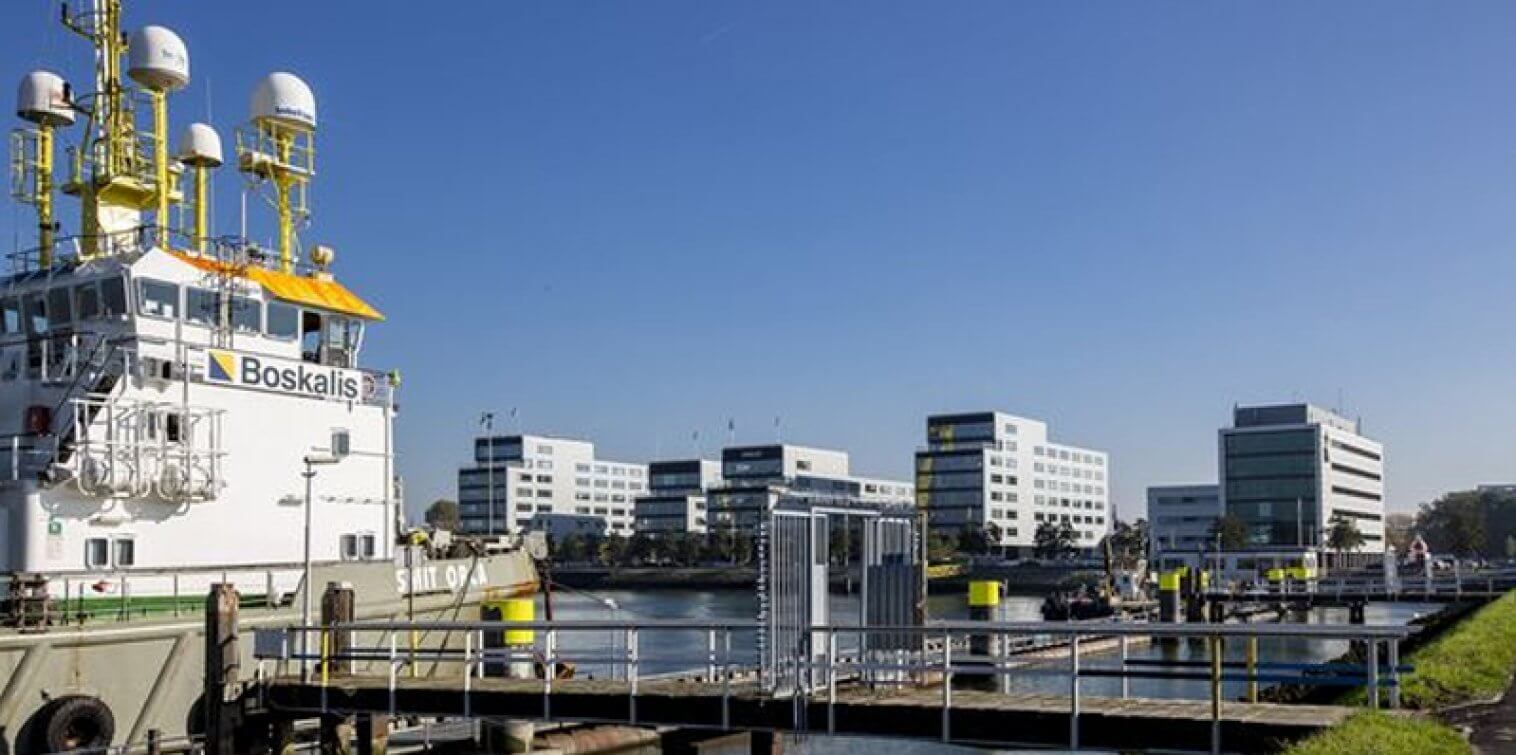Port of Rotterdam Authority and Eneco to build green shore electric facility for Boskalis ships in Waalhaven
A shore-based power installation will be built on the Boskalis site in the Waalhaven, Rotterdam. There are two berths on the quay at this location which are in frequent use. Vessels come to the Waalhaven service centre for maintenance and to be prepared for offshore projects.
Green leadership
The intended delivery date for the shore power installation is June 1st, 2023. The facility will supply two GWh of green energy per year, resulting in a CO2 emission reduction of 1.6 kiloton per year. With this project, Boskalis is demonstrating 'green leadership', which is good for the port, for the climate and for local residents.
Shore-based power is an important part of the energy transition. This project fits in with Port of Rotterdam Authority and Eneco's joint shore power strategy, and with Eneco's One Planet strategy, whose aim is reaching climate neutrality by 2035. Currently, ships at berth often use generators to supply the energy needed on board. This leads to emissions of particulate, nitrous oxide and CO2. Green shore power offers an opportunity to reduce these emissions by up to 90% by providing vessels with a clean source of energy. Shutting down generators will also help with noise reduction.
The Boskalis location in the Waalhaven will be the third shore-based electricity installation for seagoing vessels in the port of Rotterdam, following Heerema's shore power facility on the Rozenburg peninsula for offshore vessels and Stena Line's ferry terminal at Hoek van Holland.
Joint Venture Rotterdam Shore Power
Eneco and the Port of Rotterdam Authority will be executing this project as part of the Joint Venture Rotterdam Shore Power. They will be the owners of the shore power facility and provide green electricity 'as a service'. Boskalis will realise the grid connection under its own management. Eneco will supply green energy to Boskalis sourced from Eneco wind and solar facilities in the Netherlands. The project is partially funded by the City of Rotterdam and the European Union through the European Regional Development Fund.
Source: Port of Rotterdam